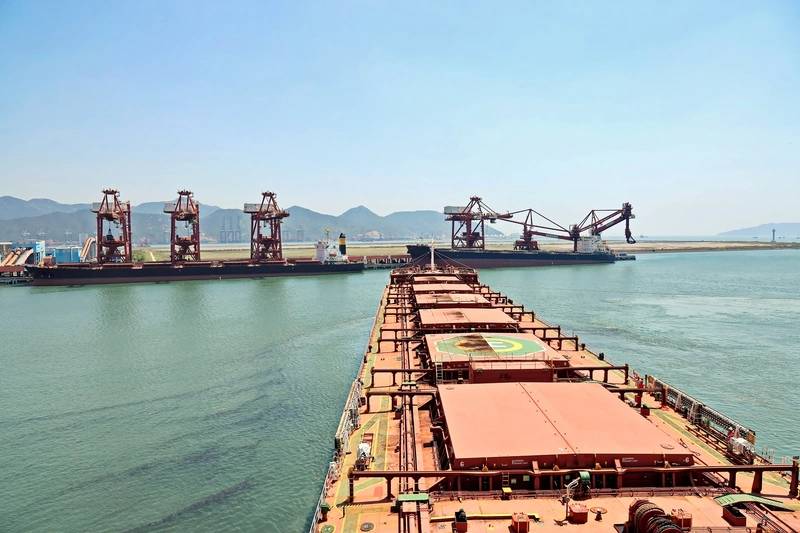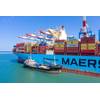Baltic Index Dips as Capesizes Slide to Near 6-month Low
The Baltic Exchange's main sea freight index fell on Tuesday, as concerns over trade frictions between Australia and China on coal shipments sent capesize rates to a near six-month low.
The Baltic dry index, which tracks rates for capesize, panamax and supramax vessels, was down by 41 points or 3.5%, to 1,121, its lowest since Nov. 18.

The capesize index was down 140 points, or about 10%, at 1,279, a trough since June 10.
Average daily earnings for capesizes, which typically transport 150,000-tonne cargoes such as iron ore and coal, fell by $1,159 to $10,607.
The issues that are ongoing between Australia and China and the impact they are having on the coal sector is having an effect on sentiment, said Rebecca Galanopoulos Jones, head of research, Alibra Shipping, referring to the capesize segment.
Australia said last week it was closely monitoring exports to China, amid "deeply troubling" reports that Chinese buyers have been told not to purchase multiple categories of Australian goods including coal. China buys nearly a third of Australia's exports.
Recent reduction of production targets for the year by key Brazilian iron ore exporter Vale, high iron ore prices and Western markets winding down as the year comes to a close are all pressuring the dry bulk shipping sector, Jones added.
Chinese steel rebar futures rose on Tuesday, fueled by strong demand and surging prices for raw materials.
The panamax index rose 19 points, or 1.4%, to 1,344.
Average daily earnings for panamaxes, which usually carry coal or grain cargoes of about 60,000 tonnes to 70,000 tonnes, gained $171 at $12,095.
(Reporting by Bharat Gautam in Bengaluru; Editing by Amy Caren Daniel)
Related News

